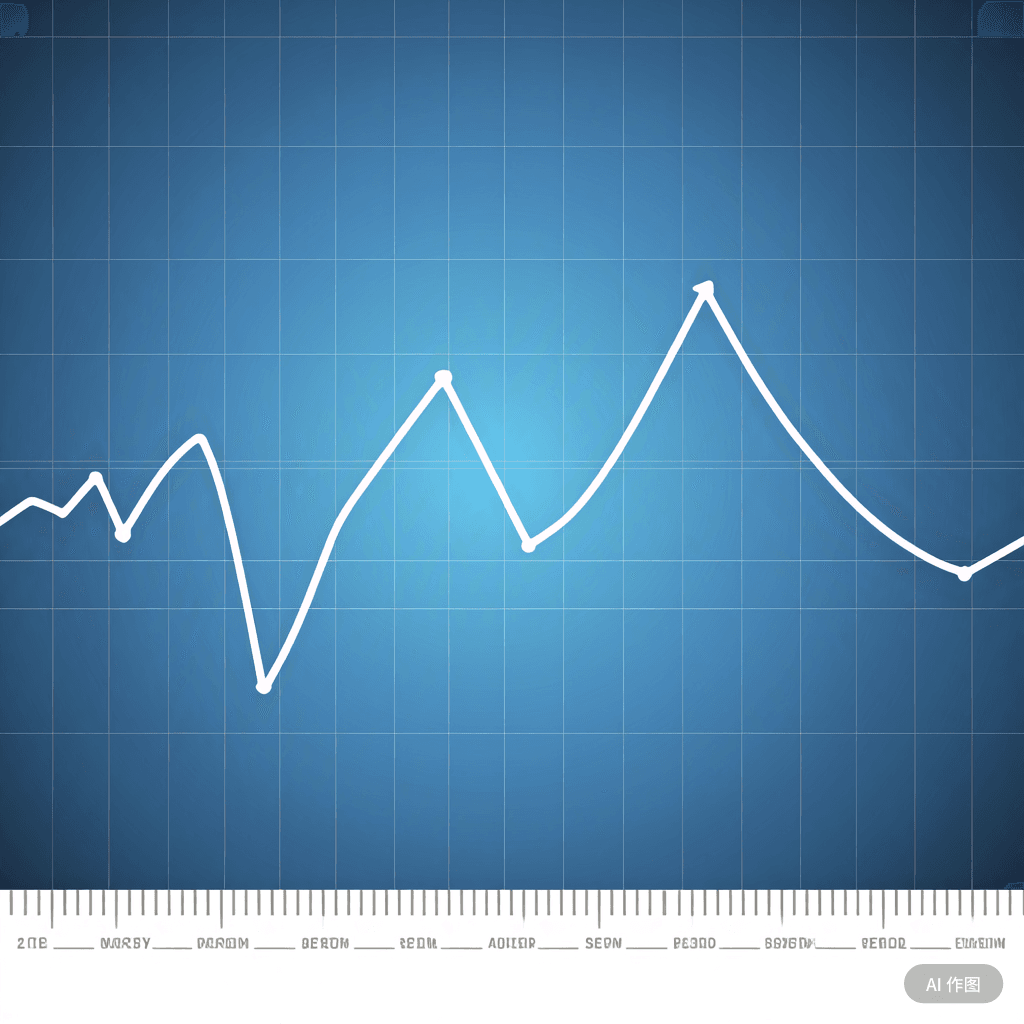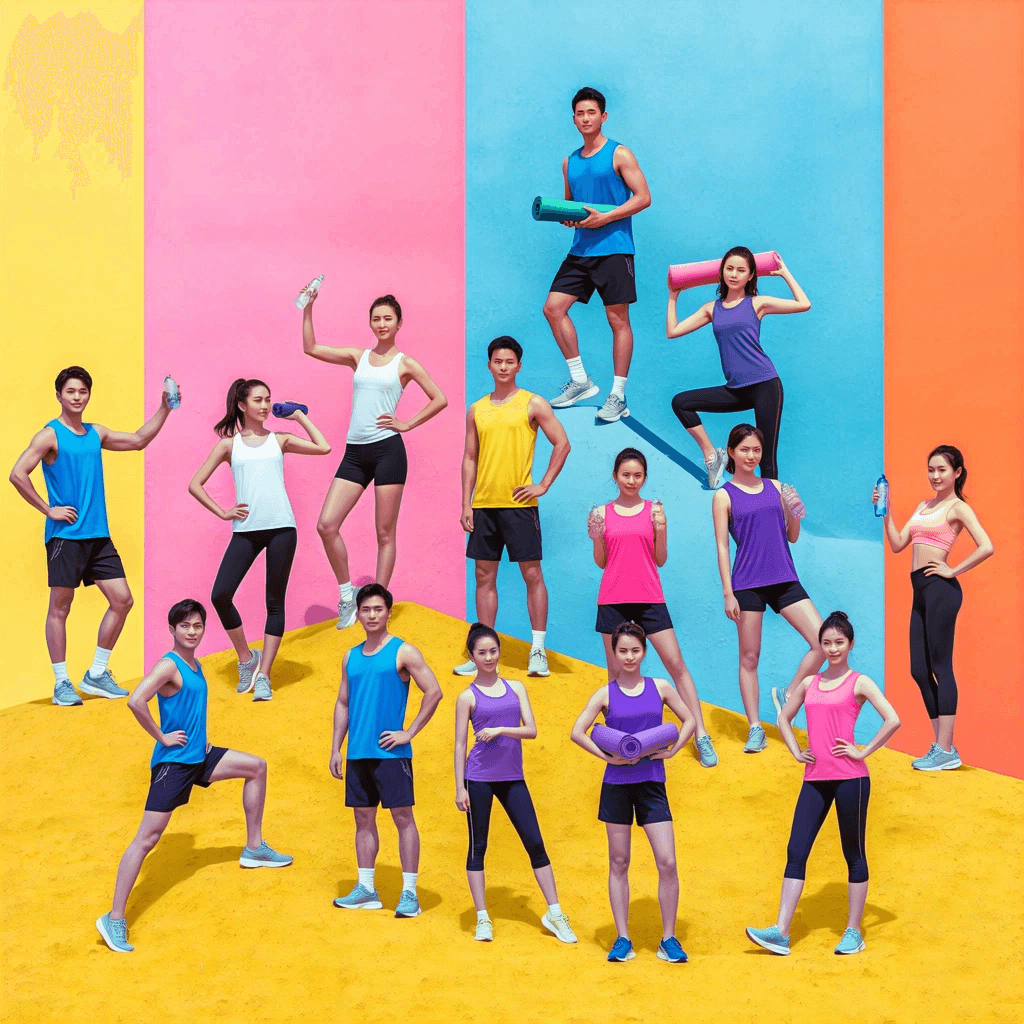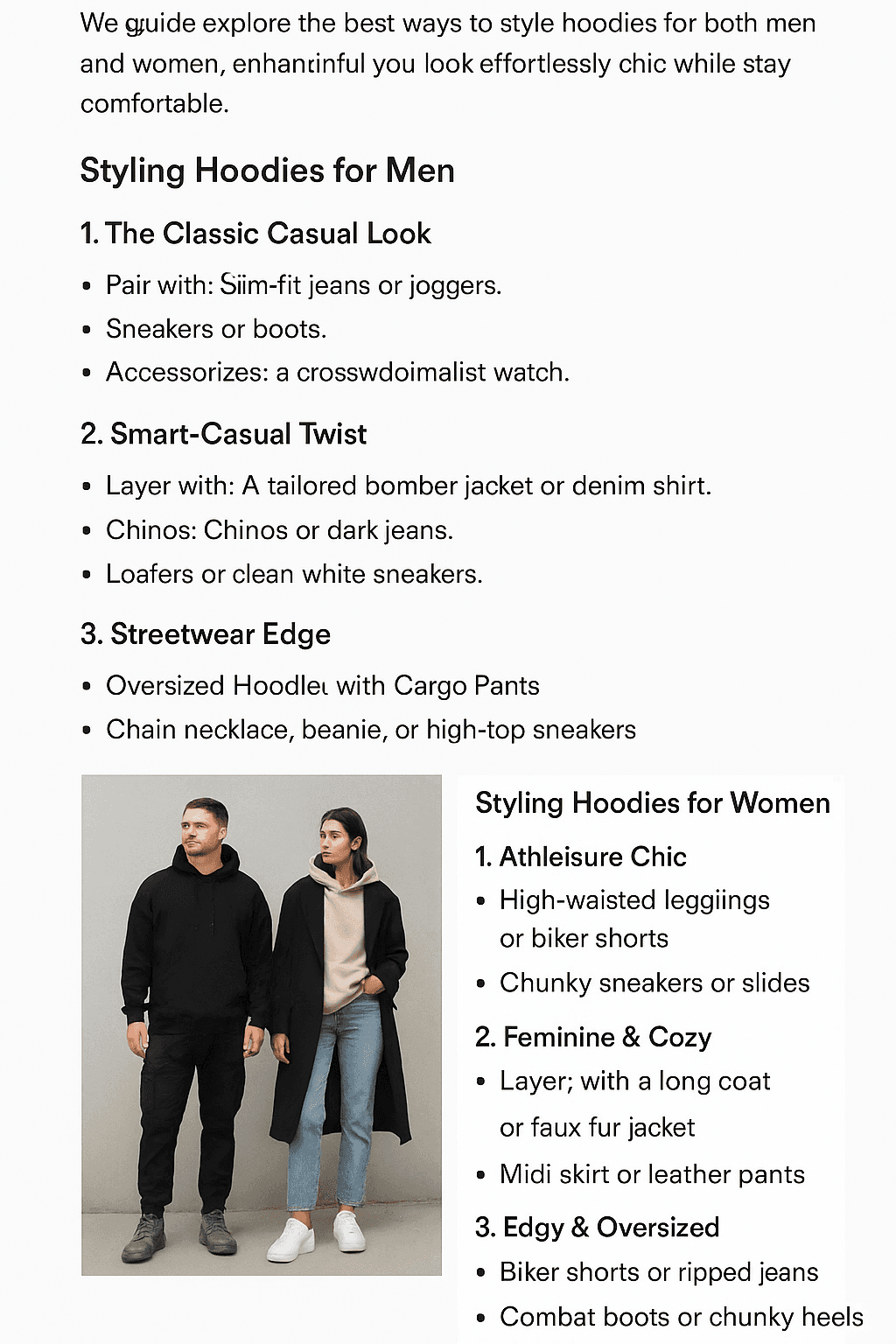Fashion trends shape how we dress and express ourselves, influencing everything from luxury runways to everyday street style. But have you ever wondered how fashion trends emerge, gain popularity, and eventually fade away?
In this blog post, we’ll break down the fashion trend cycle, exploring the key forces behind trend creation, mass adoption, and eventual decline.

1. The Birth of a Fashion Trend 🚀
Runways & Designer Collections
Fashion trends often start at major fashion weeks in New York, Paris, London, and Milan. Designers set the tone for upcoming seasons, unveiling fresh silhouettes, fabrics, and color palettes that inspire retailers and influencers.
Influencers & Celebrities
Social media influencers and celebrities play a crucial role in trend adoption. When a celebrity wears a statement piece, millions of followers take notice, sparking global interest. TikTok, Instagram, and YouTube accelerate trend visibility, turning niche styles into mainstream sensations.
Street Style & Fashion Bloggers
Unlike high-fashion runways, street style captures real-world trend adoption. Photographers at fashion weeks, streetwear influencers, and style bloggers introduce trends in a way that feels accessible, bridging the gap between luxury fashion and everyday wear.
2. The Rise & Peak of a Trend 📈
Fast Fashion & Retail Adoption
Once a trend gains momentum, fast fashion brands like Zara, H&M, and Shein replicate designer looks at affordable prices. Retailers capitalize on demand, making trends widely available to the masses.
Cultural & Social Movements
Trends don’t just happen in isolation—they often reflect societal shifts. For example:
Sustainability & Ethical Fashion → Rise of eco-friendly materials
Gender Fluidity → Growth of androgynous and unisex fashion
’90s & 2000s Nostalgia → Revival of baggy jeans and Y2K aesthetics
Virality & Social Media Trends
Platforms like TikTok and Pinterest accelerate trends overnight. A viral fashion moment—whether it’s the “Clean Girl Aesthetic” or “Coastal Grandma” trend—can explode in popularity within days.
3. The Decline & Evolution of a Trend 🔄
Oversaturation & Consumer Fatigue
When a trend becomes too mainstream, it starts to lose appeal. Once fast fashion overproduces a style, early adopters move on, seeking the next fresh trend.
The Next Big Thing
As one trend fades, a new wave emerges. Fashion is cyclical, meaning trends from past decades often return with modern twists. Think:
Y2K Fashion (2000s) → Blokette & Balletcore (2024)
Minimalism (2010s) → Maximalist Prints & Dopamine Dressing (2023-2024)
Final Thoughts: The Endless Cycle of Fashion Trends
Fashion trends don’t just appear randomly—they are driven by designers, influencers, culture, and technology. While some trends have lasting power, others fade quickly, only to resurface years later in revamped styles.
By understanding the fashion trend cycle, brands and consumers can stay ahead of the curve, making smarter fashion choices that align with both trends and personal style.





